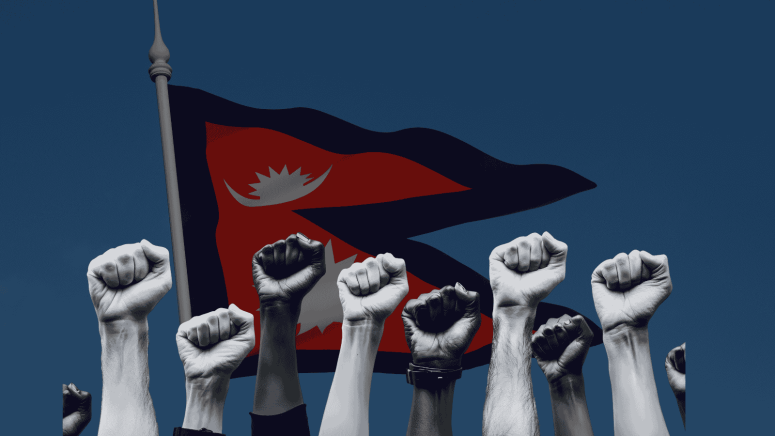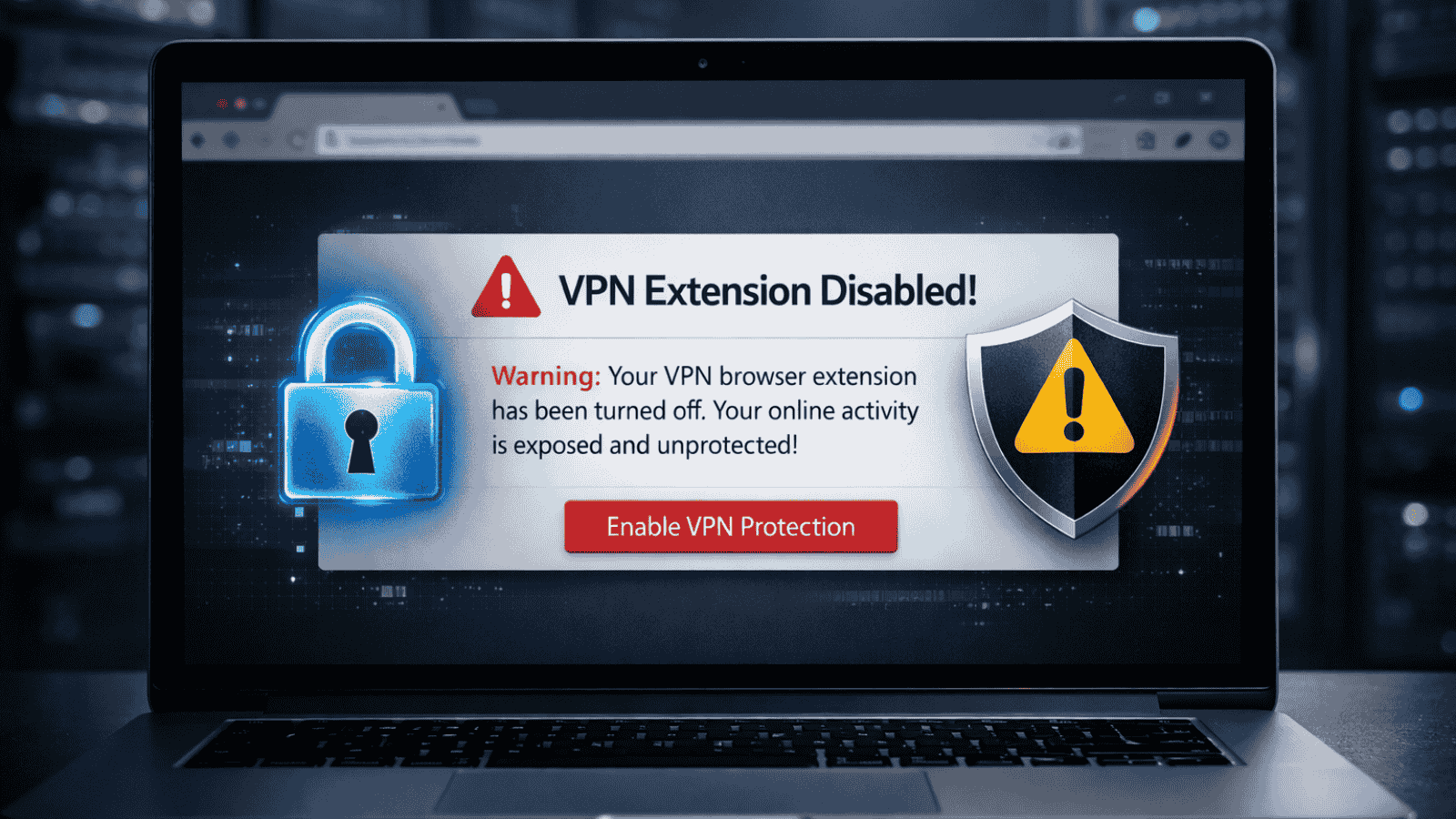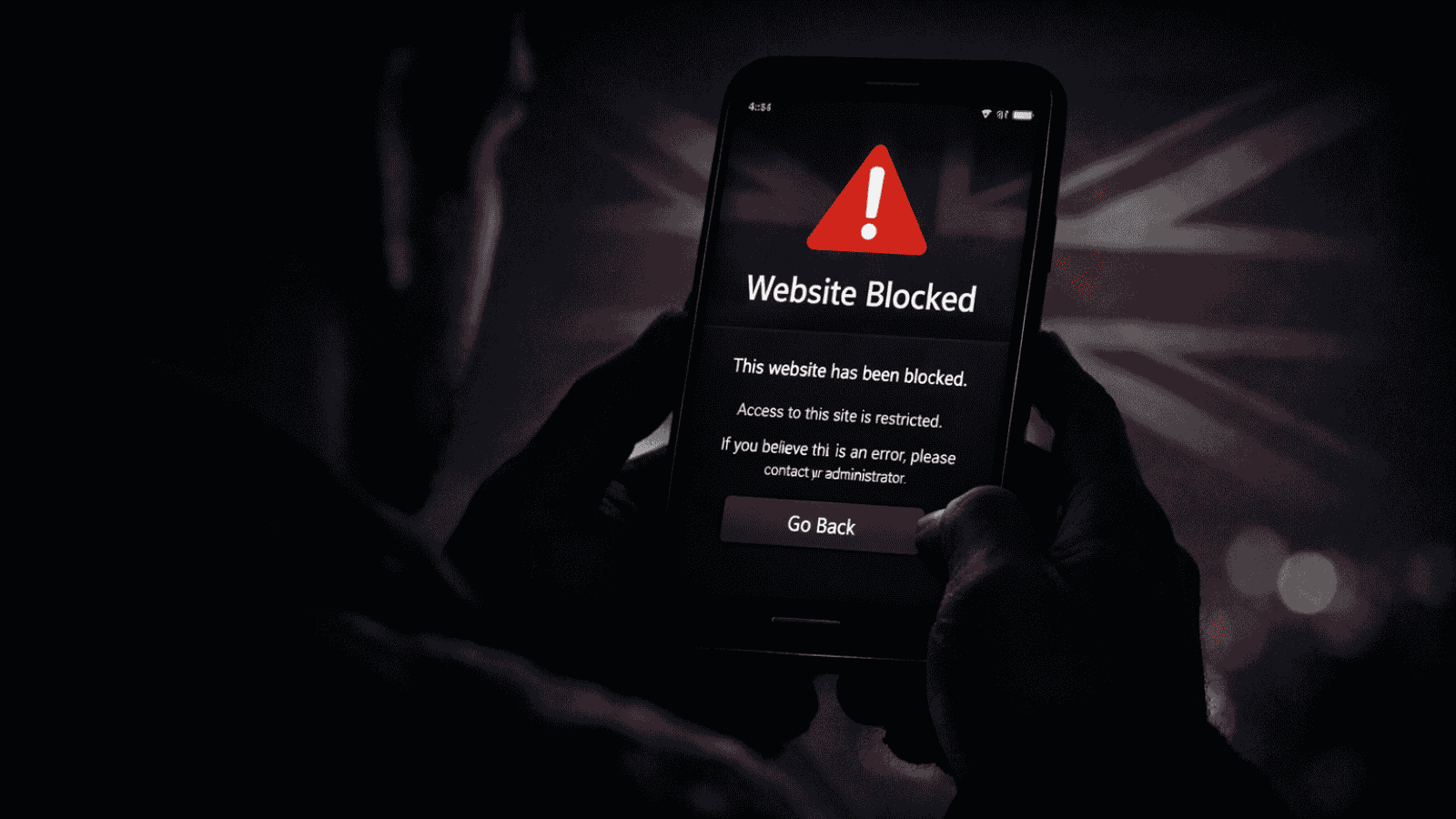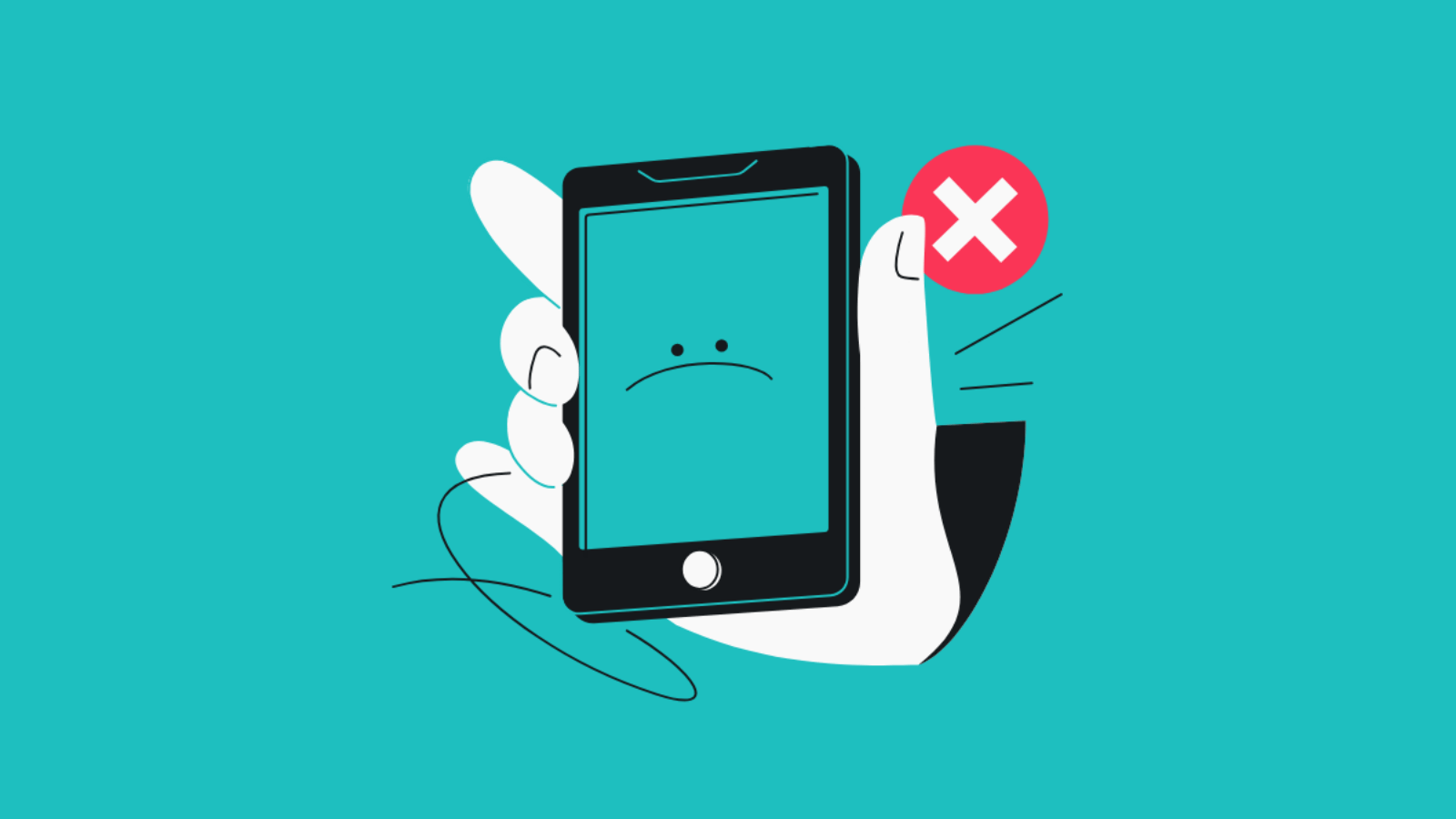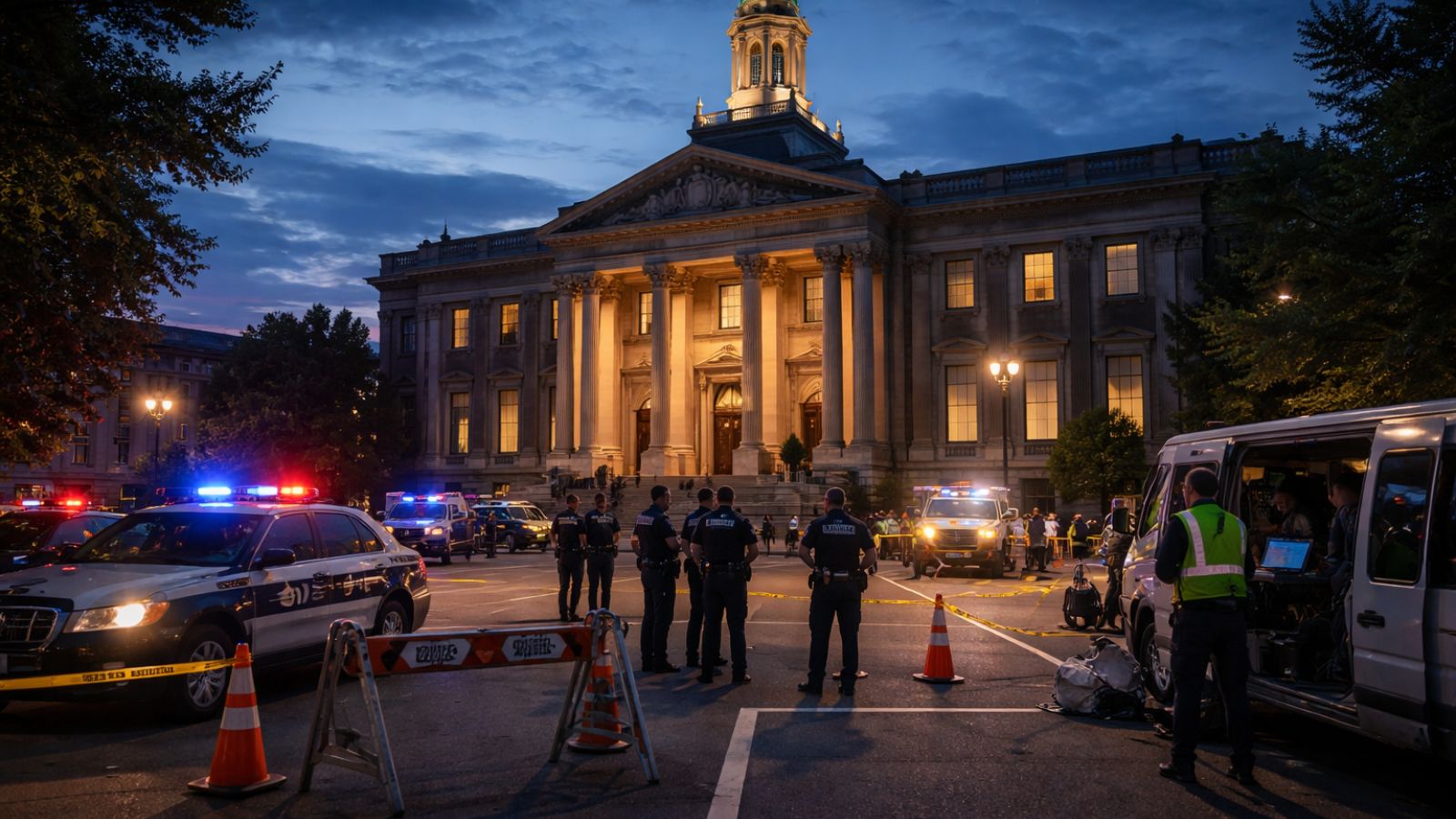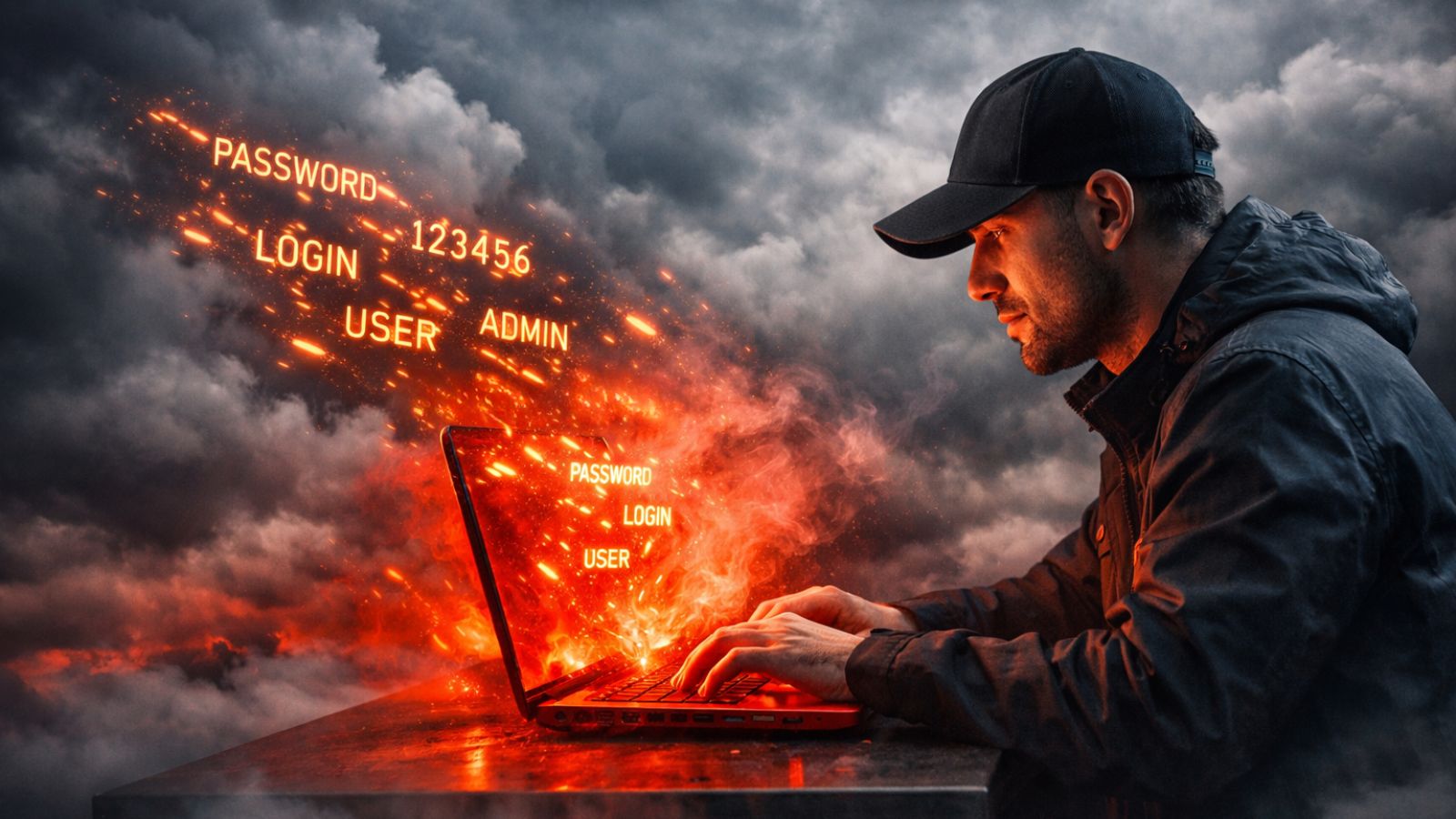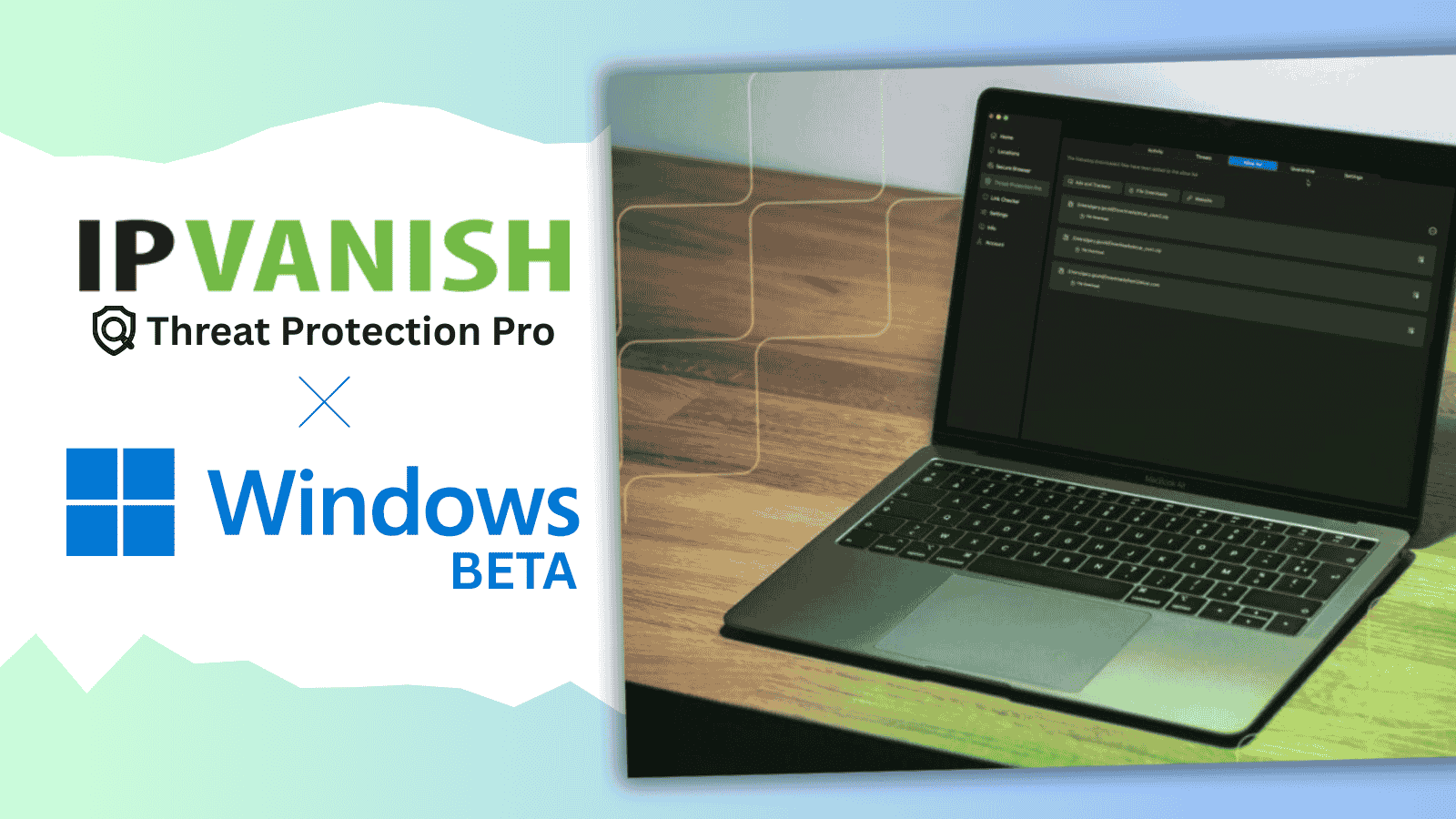
Nepal Sees 8,000% Surge in VPN Sign-Ups After Social Media Ban
- Massive VPN Surge: Proton VPN reports 8,000% surge in Nepal sign-ups after social media ban.
- Protests Erupt: Restrictions spark youth-led demonstrations, 21 deaths, hundreds injured, government leaders resign.
- TikTok’s Role: TikTok remains accessible, becomes main hub for organizing rallies and sharing updates.
Nepal’s recent social media ban has triggered an unprecedented spike in VPN usage, with sign-ups increasing by nearly 8,000% in less than a week.
According to Proton VPN, a Swiss-based provider, registrations from Nepal rose sharply once restrictions took effect. The company shared on X (formerly Twitter) that sign-ups accelerated “500% to 6,000% in just three days,” eventually peaking at 8,000% after the ban fully rolled out on September 4.
VPN Surge in Nepal Becomes a Digital Lifeline
The ban, which cut off access to platforms like Facebook, Instagram, and X, left millions scrambling for alternatives. VPNs, which allow users to mask their location and bypass geo-restrictions, quickly became the tool of choice for Nepalis trying to stay connected online.
Reports suggest registrations began climbing on September 3 and surged once the blackout took hold the following day. Users relied on VPNs not just for entertainment but also for communication and coordination during ongoing demonstrations.
Protests and Political Fallout
The restrictions fueled mass protests, led largely by students and young people. Demonstrators opposed both the communication blackout and wider allegations of government corruption.
Clashes turned violent, with security forces deploying tear gas, water cannons, and rubber bullets. At least 21 people were killed and hundreds injured. In response, the government announced compensation for families of victims and free medical care for those hurt.
The political impact was immediate. Prime Minister KP Sharma Oli resigned amid mounting pressure, followed by Home Minister Ramesh Lekhak, who took responsibility for the crackdown.
Protesters stormed the parliament complex, vandalized police posts, and attacked residences of top officials, including the President and former Prime Ministers.
TikTok and Other Digital Alternatives
Interestingly, TikTok remained accessible throughout the ban because it had registered locally and agreed to comply with Nepali laws. This made the platform a central hub for organizing rallies and sharing real-time updates from Kathmandu and beyond.
A prominent TikTok account reportedly played a major role in mobilizing protesters, circulating calls for demonstrations and live footage from the streets.
Other platforms also filled the gap. Reddit became a space for sharing visuals and discussions, while messaging apps like Viber, WeTalk, Nimbuzz, and Poppo Live provided additional coordination channels.

